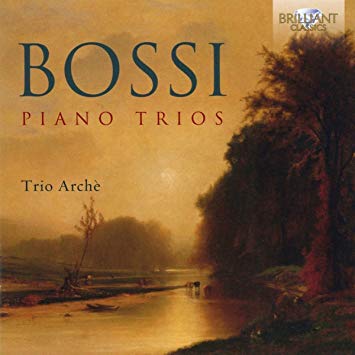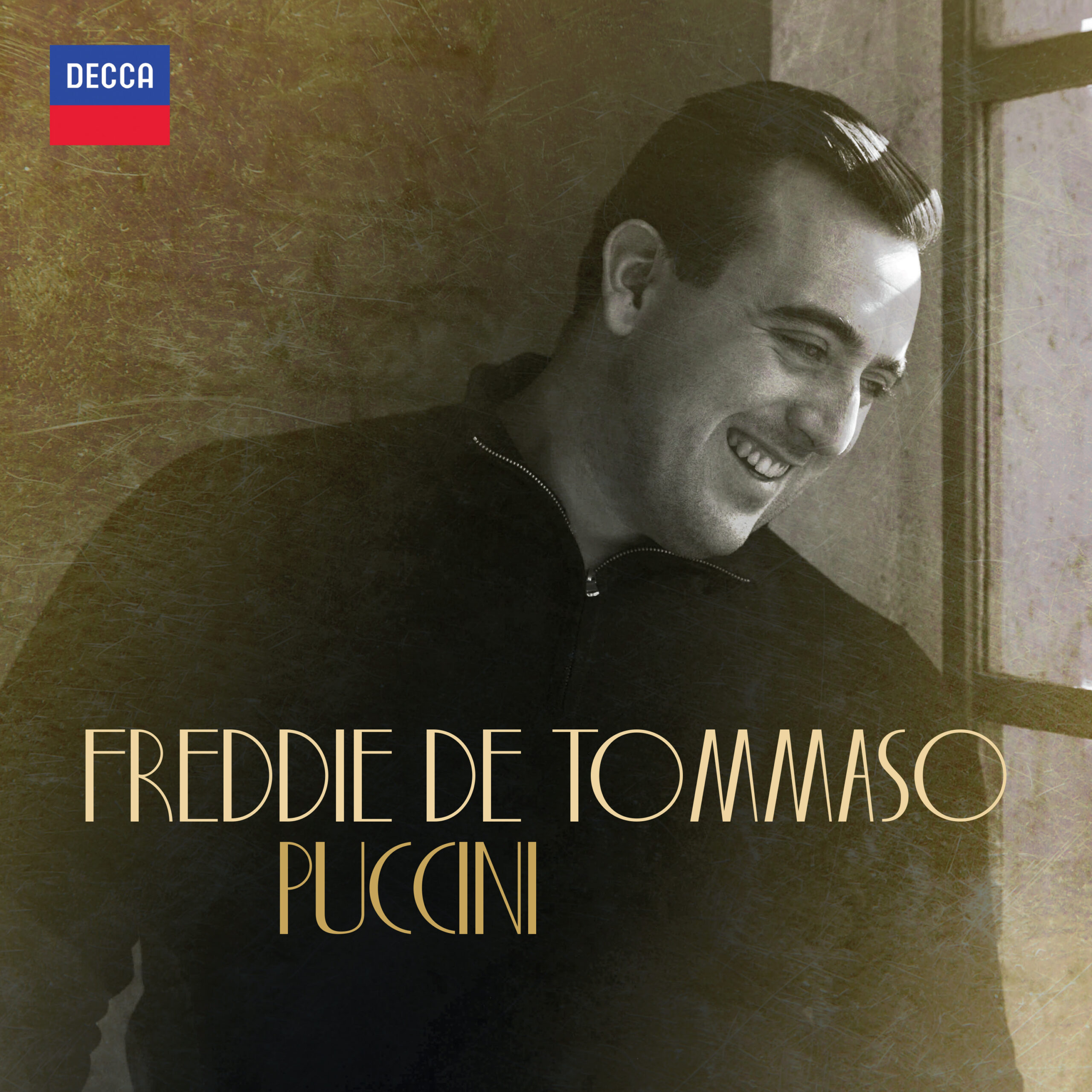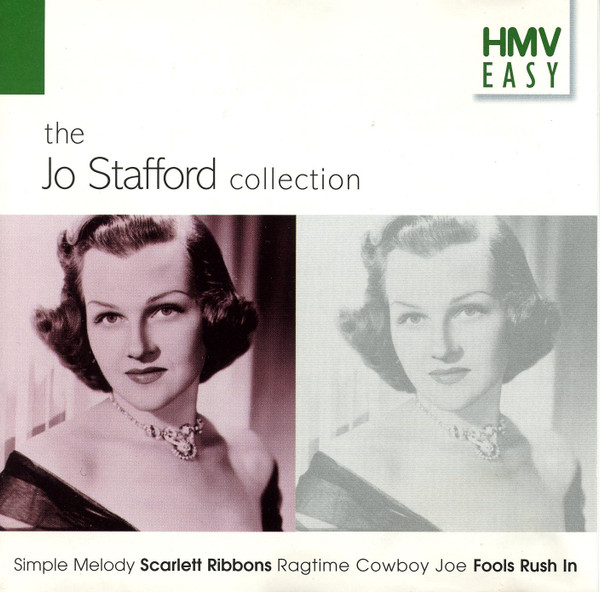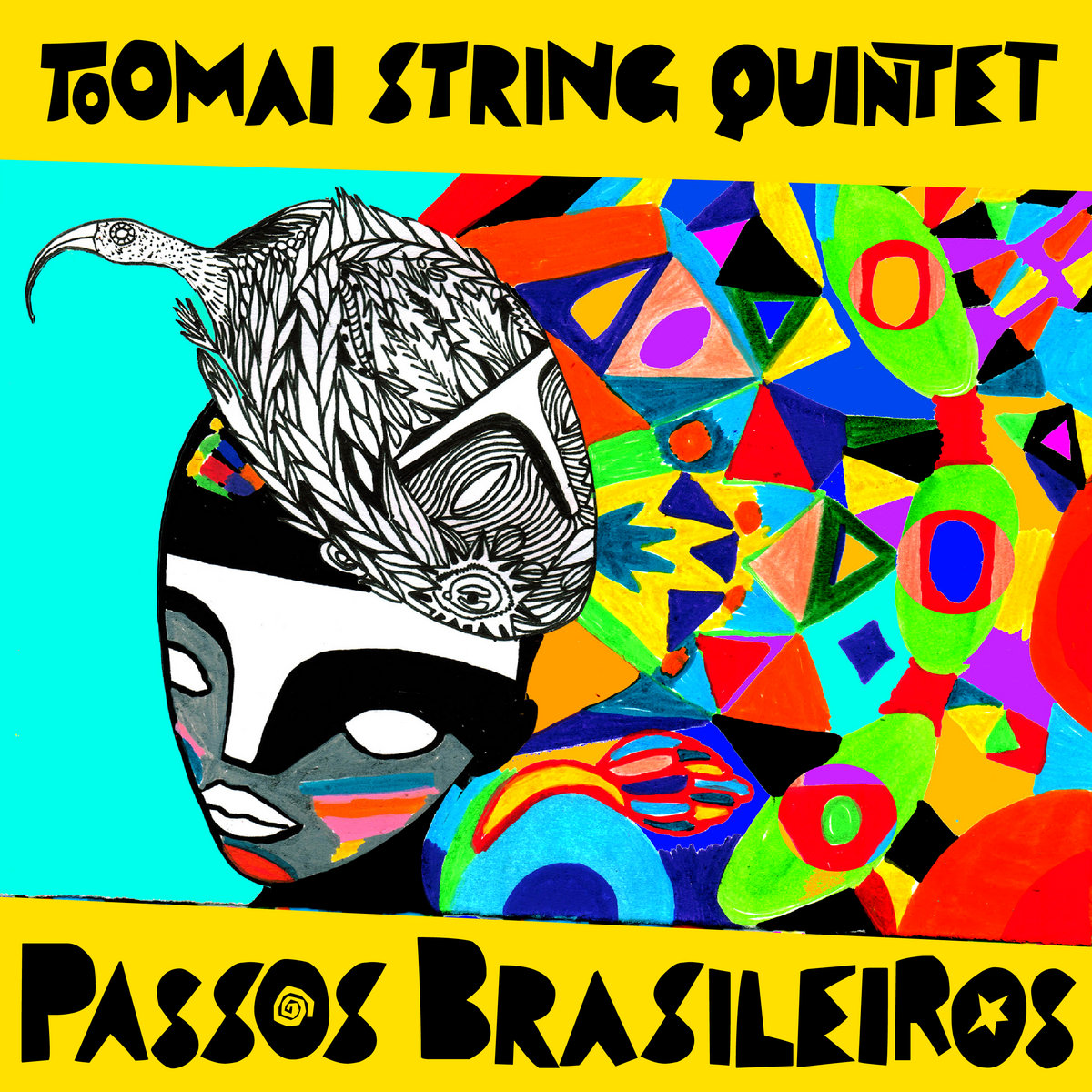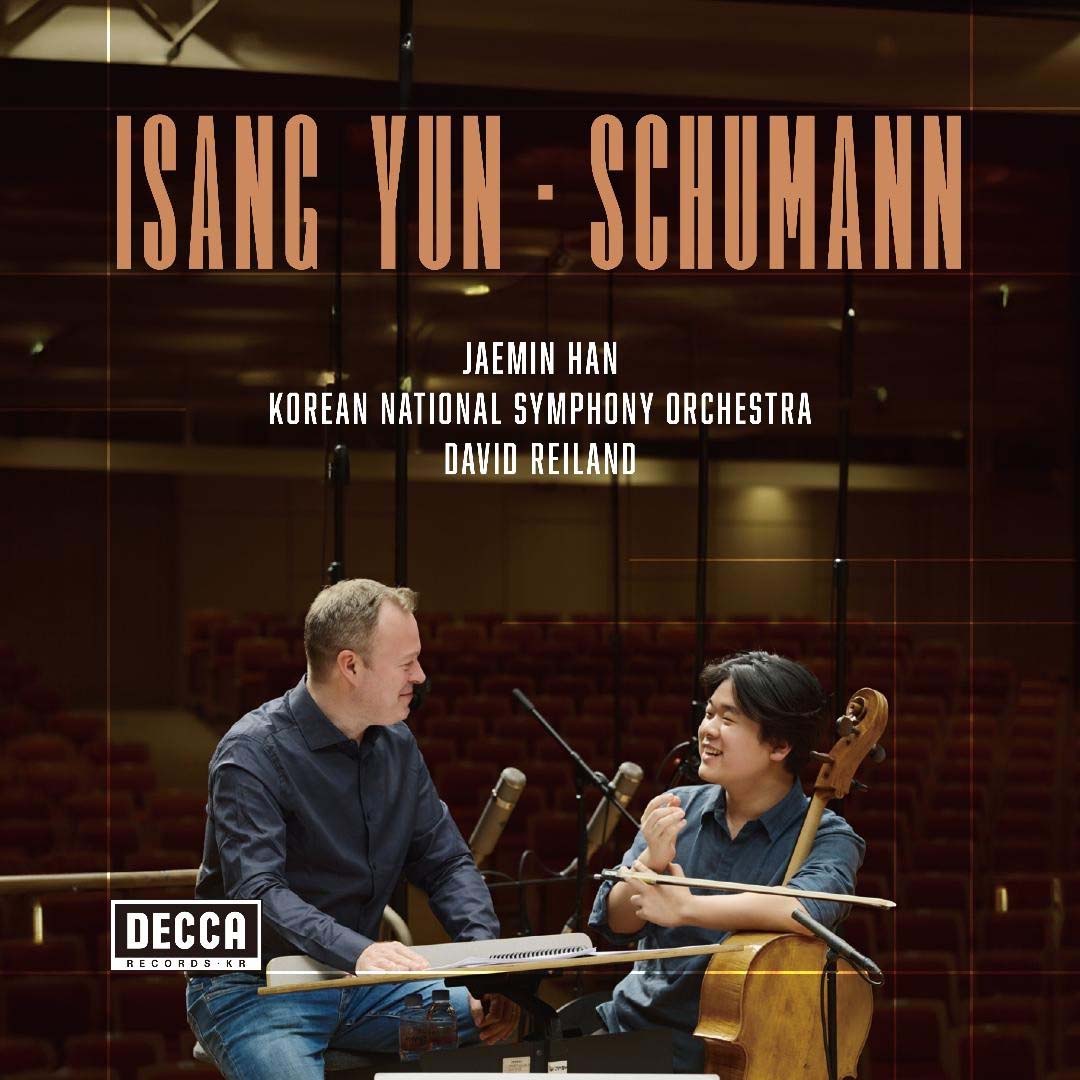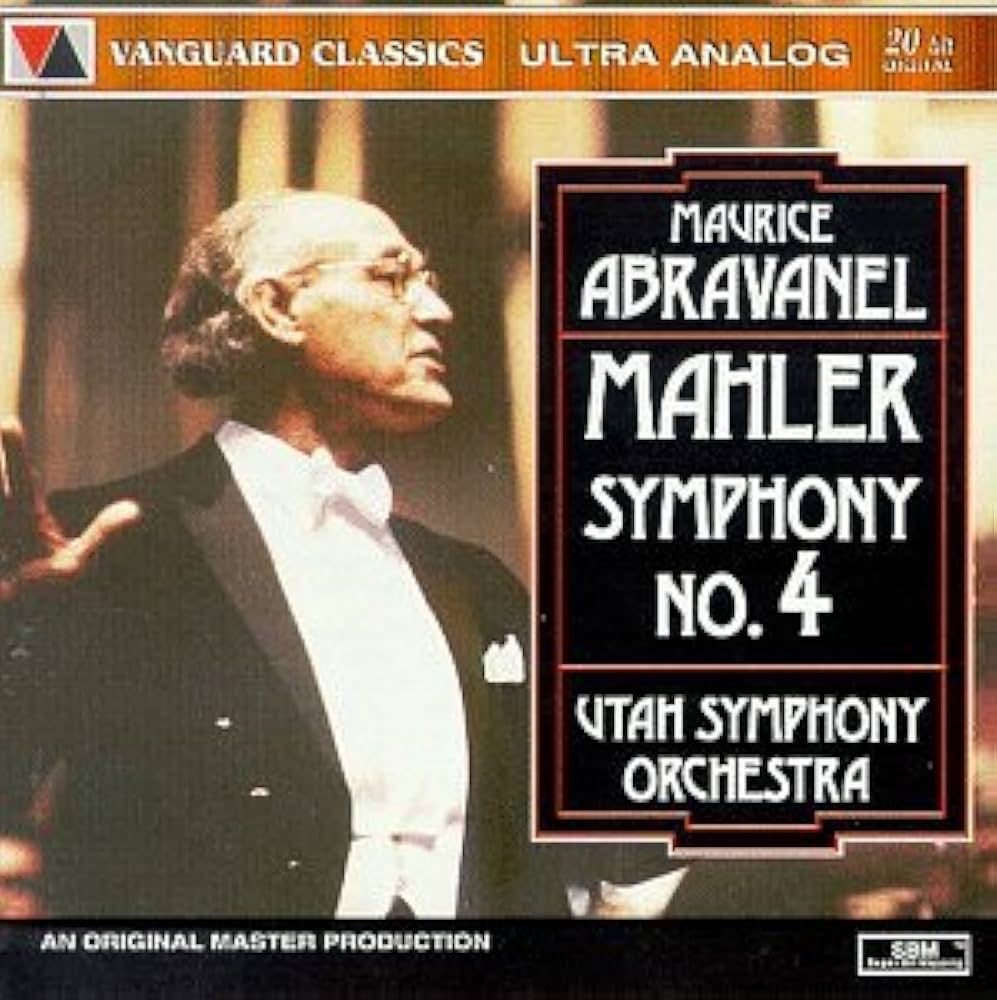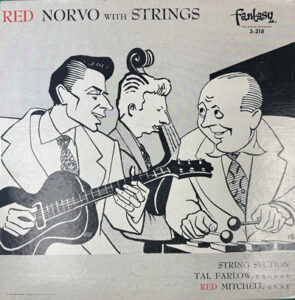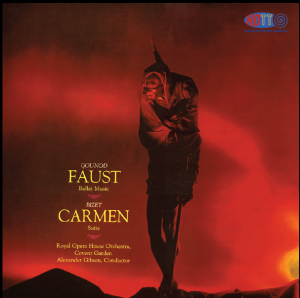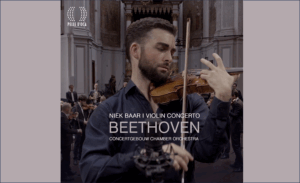Trio Archè, BOSSI Piano Trios. Marco Enrico Bossi (1861-1925). BOSSI Piano Trios No. 1 in D minor, Op. 107; No. 2 in D, Op. 123. Brilliant Classics 95581. TT: 66.29.
The music of those nineteenth-century Italian composers who didn't write operas is generally well-crafted and colorful. Yet, despite the occasional attempt to stoke interest—a collection of music by Giovanni Sgambati (TACTUS TC841908), for example, and the present album—the music never quite catches on, and the composers stay lost in the shadow of Verdi and Puccini.
Marco Enrico Bossi made his career primarily as a concert organist; he also served as a teacher of slightly less "footnote-y" composers like Malipiero and Ghedini. (The D minor Trio is dedicated to Giuseppe Martucci, who himself clings precariously to the margins of the repertoire.) Bossi's style, at least in these Trios, reflects "cosmopolitan" rather than specifically Italian-sounding influences, with Brahms apparently being the primary model.
After an initial upward scale and virtuoso flourish, the first movement of the D minor Trio is all surging Romantic turbulence, capped by broad climaxes. The flowing second movement, Dialogue: Larghetto, is more spacious and serene. In the Scherzo, angular piano staccatos at the start lead to a scurrying violin theme; later on, incisive downward syncopations suggest Bruckner, oddly in this context. The Finale's main theme features emphatic dotted rhythms and big, full sonorities; mysterious pizzicatos usher in a shadowy second theme, more linear than chordal.
The D major Trio, too, makes use of Brahmsian tropes: note the opening cello melody, broad and yearning, over a piano ostinato; and the ambiguous scansion at the start of the third and fourth movements. Here, however, the standard forms have been pumped up into larger-framed structures. The outer, sonata movements take in detours and additional themes and episodes; the third movement, Novelletta: Moderato, is, effectively, a scherzo with multiple Trios. The expanded patterns are effective, but not always easy for the ear to follow.
The first movement, once again, is dominated by turbulence, set off by more expansive lyric episodes; the piano leads a particularly Brahmsian passage at 5.45. The In memoriam: Adagio—these subtitles are becoming tiresome—begins with a spacious piano passage; a few startlingly forward-looking dissonances suggest that Brahms might have gotten a glimpse of Alban Berg! The movement is somber and unusually dark, gradually settling into a cautious, ambivalent optimism. The Novelletta begins gently, gradually turning unstable, with flowing, calmer episodes for contrast; the Finale, like the first movement, alternates drama and lyricism, building to a forthright conclusion.
I enjoyed the playing of the Trio Archè. As suggested, Francesco Cipolletta's pianism is deft and full-bodied, projecting a good variety of dynamics and colors. I'd have liked a warmer, richer tone and legato from both the capable string players; still, violinist Francesco Comisso fairly soars in the climax of the D minor's Dialogue and elsewhere, and cellist Dario Destefano brings tonal depth to his low-lying motifs in the D minor's Dialogue.
The sound is good. Mario Girotti's program note is informative, but the English translator keeps stumbling. The phrase "la classe di violino del virtuoso Antonio Bazzini" is rendered as "Violin's lesson with the virtuoso Antonio Bazzini," as if "Violin" were the surname of Bossi's classmate. Later, the Italian original refers to "...frasi estremamente cantabili che sembrano emergere dal denso magma sonoro del pianoforte"; I imagine that magma, which isn't in my Cambridge Italian Dictionary, is a misprint for magno. The translator doggedly keeps the (assumed) mistake, offering "...extended phrasing to draw out the melody from the sound magma of the piano," which makes no sense—unless, perhaps, you're a geologist.
Stephen Francis Vasta is Principal Conductor of Lighthouse Opera in New York (lighthouseopera.org)




